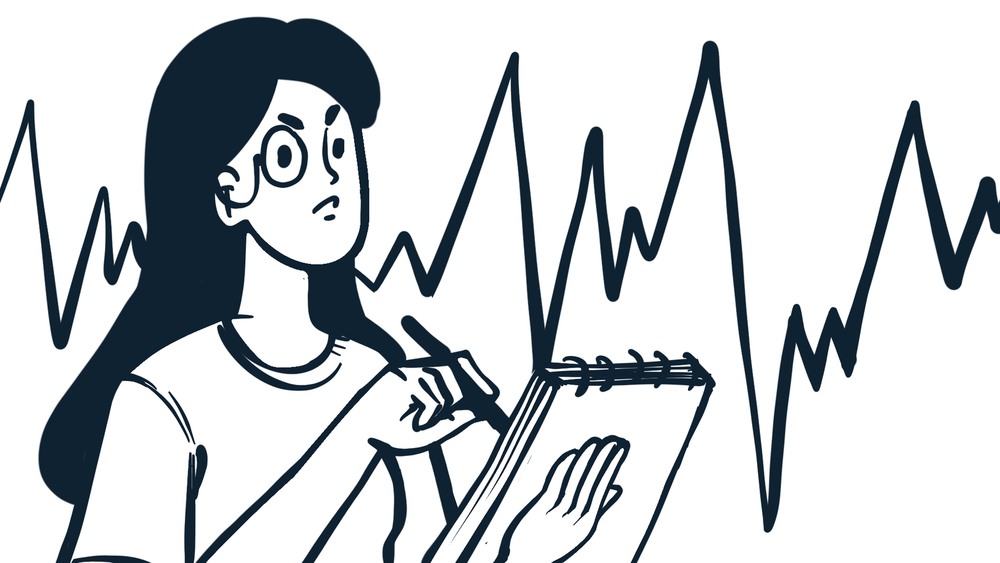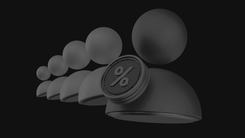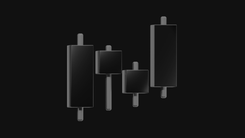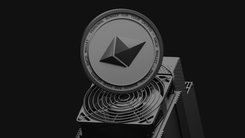How Real Estate Becomes Digital: RWA and Apartments Explained

The crypto world is increasingly intersecting with real-world assets. One of the most exciting trends today is real estate tokenization — part of a larger movement called RWA (Real World Assets). The goal is simple: turn physical assets into digital tokens that can be accessed and traded on the blockchain.
In this article, we’ll explore how apartment tokenization works, what opportunities it offers users, and what limitations you need to consider. All explained through simple examples, without the tech overload.
How RWAs Work: Tokenizing Real-World Assets for Digital Investments
RWA refers to real-world assets moved onto the blockchain. These can include real estate, gold, securities, and even contracts. The core idea is to divide an asset into tokens that are legally verified and traded as digital instruments.
In the case of real estate, tokenization happens via a smart contract. Ownership is no longer confirmed by paper documents but by a digital asset that you can buy, sell, or use as collateral.
RWA makes owning real-world objects possible through digital infrastructure, expanding access to investments and simplifying the legal structure of transactions.
From Property to Token: How Apartments Get Tokenized
Tokenizing an apartment involves several key stages, ensuring legal clarity and investor protection:
- Property valuation. The apartment is assessed, appraised, and registered within a specific jurisdiction or trust structure
- Creating the legal framework. A token is issued, tied to the specific asset. This token can represent a share or full ownership
- Token issuance. A smart contract releases a limited number of tokens, reflecting the property value
- Sale via platform. The tokens are made available on a licensed RWA platform and can be purchased using a crypto wallet
With tokens, you can buy a share of an apartment for as little as $100, instead of the full $100 000 price tag, gaining access to rental income or price appreciation.
Why Investors Should Care About Tokenized Real Estate
RWA lowers the entry barrier into the real estate market and makes properties more liquid. Instead of dealing with expensive and complicated transactions, you get a transparent and fast way to invest in a verified asset with clear advantages:
- Minimal entry cost
- Portfolio diversification
- Income from rent or price growth
- Ability to trade tokens on the secondary market
Keep in mind that these tokens are regulated, and access may be restricted depending on jurisdiction.
A tokenized apartment isn’t an NFT or a gaming asset. It’s a real investment, protected by contract and recorded on the blockchain.
The Risks You Need to Know Before Tokenizing Real Estate
Like any financial instrument, RWA comes with risks. These are mostly tied to legal and operational nuances, not blockchain technology.
Here are the key risks:
- Regulatory environment. Not all jurisdictions recognize tokenized ownership
- Platform reliability. It’s important to choose reputable platforms with licenses
- Limited liquidity. The secondary market for RWAs is still in development
- Issuer risks. Token holders depend on the actions of the managing entity
RWA bridges the gap between the crypto economy and traditional assets, but this bridge needs to be built on a strong legal foundation.
Who’s Already Taking Advantage of Apartment Tokenization?
Projects in Europe, the US, and Asia are actively experimenting with RWAs. Some examples include:
- RealT (USA). Tokenizes properties in Detroit and other cities
- Brickken (EU). Offers tokenized assets for the corporate sector
- Tangany, Tokeny, Mattereum. Create the infrastructure and legal tools for tokenization
In 2025, we’re seeing growing interest in this asset class, not just from crypto enthusiasts but from traditional investors as well.
Over the next few years, RWAs could become the new standard for ownership, especially for high-entry-barrier assets like real estate.
Where to Buy RWAs: The Importance of Safe P2P Transactions
Often, RWA tokens are not traded on exchanges but in P2P format — directly between users. This makes transaction security paramount, especially when payments are made in cryptocurrency.
It’s crucial to use platforms with escrow protection and identity verification to avoid fraud and mistakes.
A solid infrastructure and transparent transaction terms are the foundation of secure entry into the market of tokenized assets.
If you want to invest in digital assets like RWAs, start with safe transactions. EMCD P2P is a reliable platform for buying and selling cryptocurrency directly with other users.
Here’s what you get with EMCD P2P:
- Escrow protection for your transactions
- Verified partners
- 24/7 support
EMCD P2P is your secure gateway to a market where real assets meet cryptocurrency. Buy and sell with confidence.




